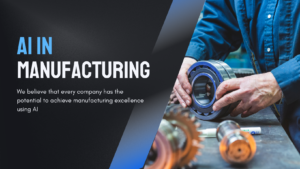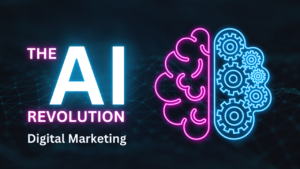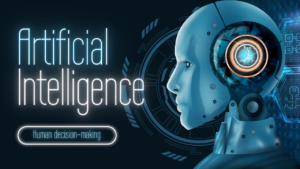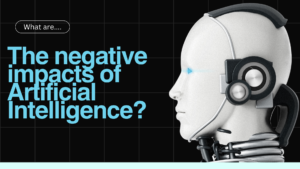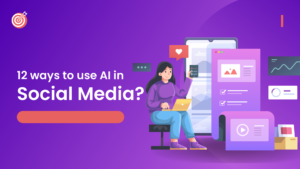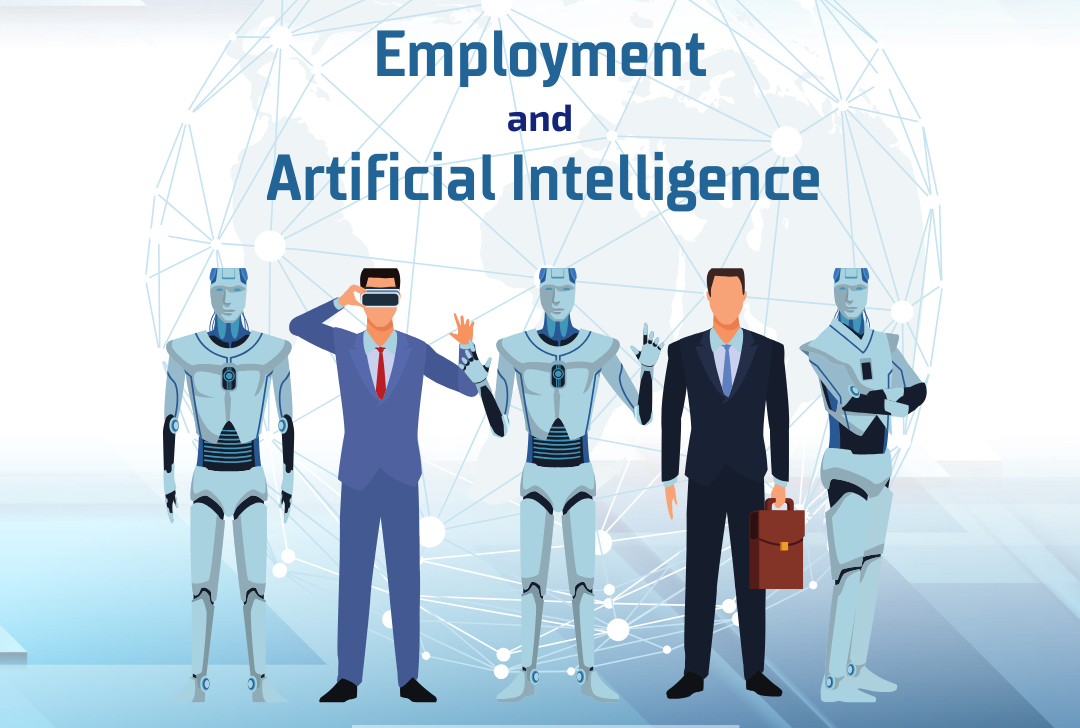
Recent advancements in artificial intelligence (AI) have led to growing worries about significant job losses. As AI becomes more adept at automating various tasks, including complex cognitive ones, it is affecting all areas of the economy.
Context:
Technological advancements are reshaping labor markets globally. While millions of jobs may be at risk, digitization and artificial intelligence (AI) also have the potential to boost GDP and create new employment opportunities.
AI is a hot topic right now, but beyond the science fiction scenarios, AI-powered systems are rapidly transforming the global economy.
In the workplace, could AI simplify complex and tedious tasks, or will it take over our jobs? Even if it’s not an immediate threat, might we soon find ourselves working alongside robots?
A recent study shows that over 75% of surveyed companies plan to adopt AI-driven systems by 2027. This shift presents both opportunities and significant risks.
The Dual Nature of Digitization and AI
Artificial Intelligence (AI) has undeniably emerged as a transformative force, offering groundbreaking advantages across diverse domains. From forecasting climate trends to enhancing social interactions via recommendation systems, AI’s impact on our daily lives is far-reaching. While we acknowledge its remarkable achievements, it is essential to explore the dual aspects of AI, where progress is accompanied by potential risks. This article will examine the significant implications of AI, including its role in climate prediction and the ethical challenges it presents.
Effectively managing the dual nature of AI necessitates both caution and a well-rounded approach. To ensure that artificial intelligence (AI) maintains a positive influence on our world, it is crucial to strike the right balance between mitigating potential risks and fostering innovation. Responsible and ethical utilization of AI requires collaboration among regulators, business leaders, and the public as we navigate this evolving landscape.
Artificial Intelligence: Factor of Economic Change
“As the technology improves, its primary benefits will include higher productivity, as companies increasingly turn to GAI for content creation, software development, marketing and sales and customer service” Hyzy says.
Artificial intelligence is becoming a key engine of economic growth. It enhances productivity by automating tasks, streamlining supply chains, and providing insights through data analysis, which can significantly improve efficiency in various sectors. AI helps businesses reduce costs, optimize operations, and uncover new market opportunities, leading to increased economic performance. Moreover, it spurs innovation by introducing new products and services, attracting investments in tech industries, and creating high-skilled jobs. However, these advantages come with challenges, such as the risk of job losses and the need for worker retraining. Navigating these issues while leveraging AI’s benefits is essential for promoting long-term economic progress.
AI and the impact on the labor market
While much attention is focused on the latest developments in generative AI, it is important to recognize the diverse range of AI technologies already in use across various sectors. These include:
· Human-in-the-loop’ technologies: These systems, software, and machines assist workers by enhancing task performance and efficiency, potentially freeing up time for more value-added activities.
· No-human-in-the-loop’ technologies: These involve full process automation (such as robotics) that can replace or reduce the need for human labor.
In the short term, framing the debate around AI as either a substitute or complement to human labor may be overly simplistic, as AI can serve both roles. The current wave of AI marks a shift from previous technological transformations by moving beyond “physical automation,” which targeted manual and routine cognitive tasks, to “cognitive automation,” affecting creative and intellectual jobs. This shift means that, rather than primarily impacting low-wagepositions, AI now also poses potential challenges to many high-paying professions.
How AI is Affecting Employment?
AI is poised to be a technological game-changer that could boost incomes, drive global growth, and enhance productivity worldwide. Yet, it also brings the risk of job displacement and increased inequality. While numerous studies predict that AI will replace some jobs, evidence suggests it might also complement human work.
For example, nearly 40% of global jobs are exposed to AI. Traditionally, information technology and automation have targeted routine tasks, but AI has the potential to affect high-skilled jobs as well. This poses a significant risk to advanced economies, where about 60% of jobs could be impacted by AI.
However, advanced economies have a better chance to capitalize on AI’s benefits compared to developing nations. In these economies, about half of the AI-exposed jobs could see productivity gains through AI integration. In contrast, for other affected jobs, AI might take over crucial tasks previously done by humans, leading to reduced hiring, lower demand for labor, lower wages, and in some cases, the complete elimination of certain roles.
In lower-income countries and emerging markets, AI exposure is expected to be 26% and 40%, respectively, suggesting fewer immediate disruptions. Nonetheless, many of these regions lack the skilled workforce and infrastructure needed to fully harness AI’s advantages, which could widen the inequality gap over time.
Therefore, it’s crucial to develop strategies to safely harness AI’s vast potential, ensuring it benefits employees and improves the work environment. Effectively leveraging AI to enhance and complement human abilities can lead to better job quality, increased demand for human labor, and higher productivity.
AI affected jobs
Insurance Underwriting: In insurance underwriting, evaluating data and applying it within specific frameworks or formulas are key tasks for assessing applicants’ risk. AI-powered automation can handle these tasks efficiently and adapt to more complex scenarios over time, potentially reducing the need for human underwriters.
· Warehouse Work: The rise in online shopping has boosted the demand for automation in warehouses. Basic AI-driven automation can help manage tasks like directing employees and locating items. Future AI advancements may further automate processes such as loading and retrieving goods, enhancing shipping efficiency.
· Research and Analysis: AI is transforming research and data analysis by streamlining processes and discovering new insights without human intervention. The advanced processing power of modern computers enables efficient data analysis and sorting, potentially reducing or eliminating the need for human involvement as AI technology progresses.
· Accountants/Bookkeepers: Many companies are adopting AI and automation for bookkeeping. AI-driven bookkeeping systems offer efficient, secure, and flexible accounting solutions, often through cloud-based platforms. These systems handle data collection, storage, and analysis more cost-effectively than human accountants or bookkeepers.
· Retail: In retail, self-checkout systems have become common in large stores and supermarkets. While these systems can increase the risk of theft, they significantly lower operational costs by reducing the need for checkout staff.
· Receptionists: Companies are increasingly using AI and robotics for reception duties. For example, AImeReception can interact with visitors by listening, seeing, understanding, and conversing with them.
However, certain professions such as teaching, legal judges and lawyers, HR managers, CEOs and directors, psychiatrists, surgeons, and creative roles like writers and artists are less likely to be impacted by AI. These jobs typically involve complex, non-repetitive tasks that are challenging for AI to replicate.
Conclusion
To conclude, the impact of AI on employment is profound and multifaceted, reflecting both transformative potential and significant challenges. AI has the power to drive economic growth by enhancing productivity, creating new job opportunities, and fostering innovation across various sectors. However, it also brings risks, including job displacement and increased inequality, particularly as automation increasingly affects both routine and high-skilled occupations.

